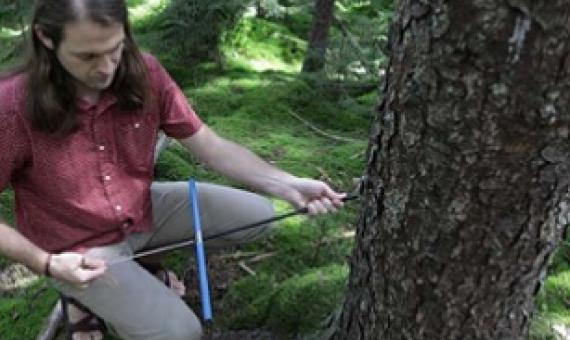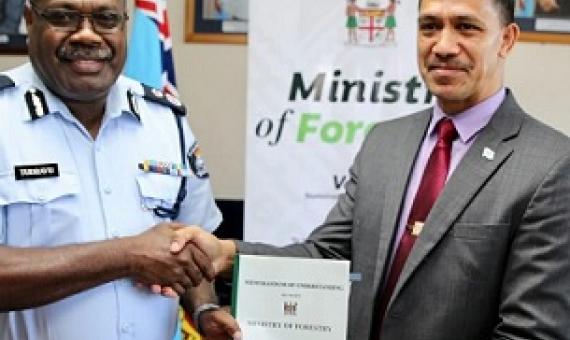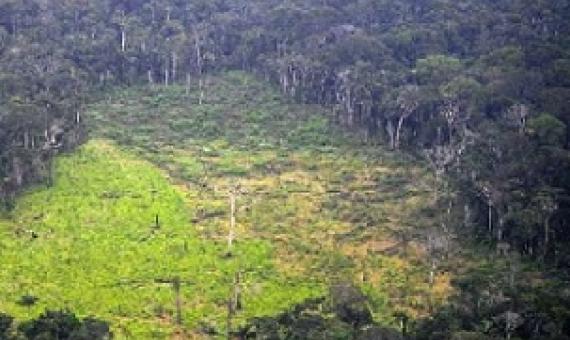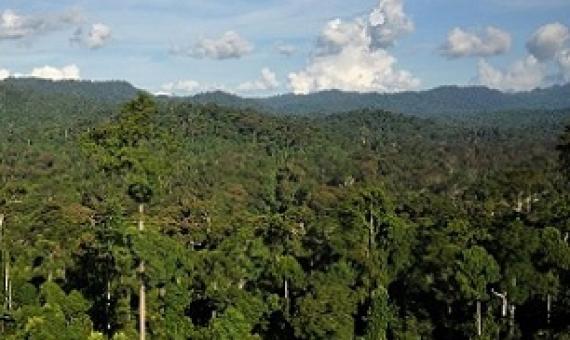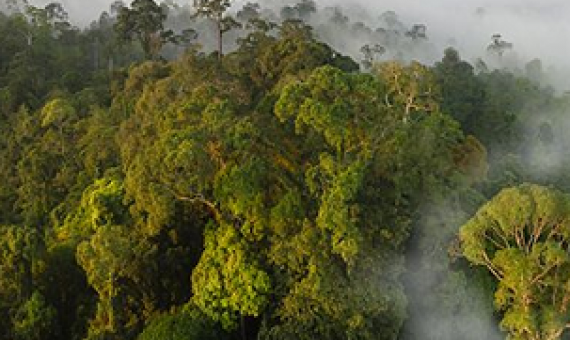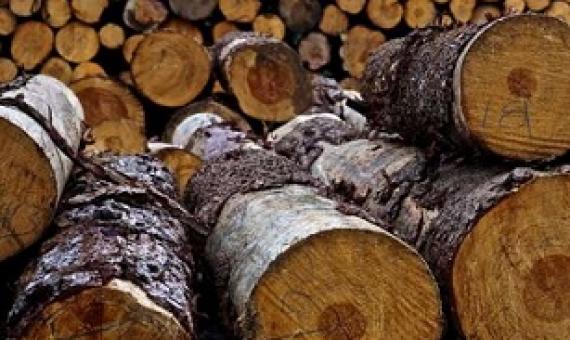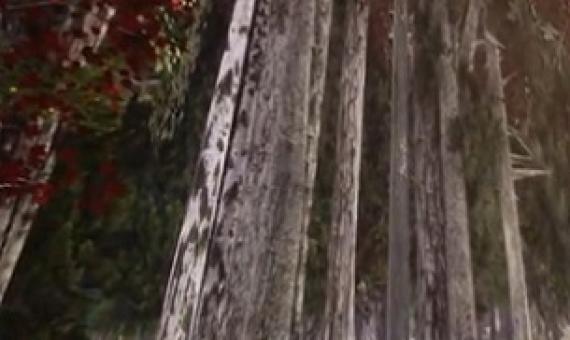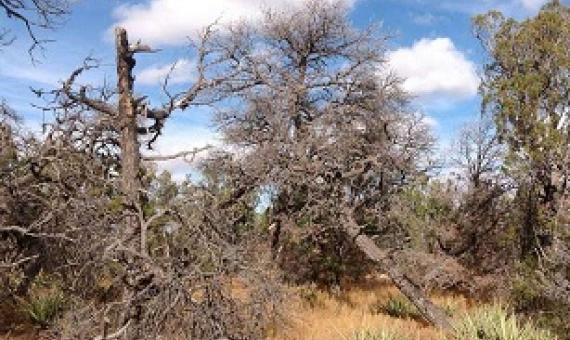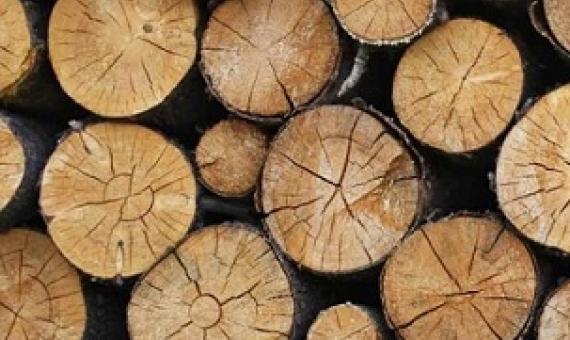New research from West Virginia University biologists shows that trees around the world are consuming more carbon dioxide than previously reported, making forests even more important in regulating the Earth's atmosphere and forever shift how we think about climate change.
A Memorandum of Understanding which was signed today will strengthen the Ministry of Forestry’s efforts in safeguarding Fiji’s forest cover estimated at approximately 1.1 million or 60 percent of the country’s total land area.
More than 43 million hectares of forest—an area bigger than Germany—have been lost in a little over a decade in just a handful of deforestation hotspots, conservation organisation WWF said Wednesday.
Only 40% of forests are considered to have high ecological integrity, according to a new global measure, the Forest Landscape Integrity Index. The Index was created by 47 forest and conservation experts from across the world, including Professor James Watson of The University of Qu
Planting trees and preventing deforestation are considered key climate change mitigation strategies, but a new analysis finds the cost of preserving and planting trees to hit certain global emissions reductions targets could accelerate quickly.
Last week, a progress report from the New York Declaration on Forests announced that the world is not on track to meet the declaration's goals to reduce forest loss and promote sustainable and equitable development.
The effects of climate change are sometimes difficult to grasp, but now a virtual reality forest, created by geographers, can let people walk through a simulated forest of today and see what various futures may hold for the trees.
A large international team of researchers has found that forested areas that experience tree loss due to drought have a wide range of regrowth possibilities after the drought ends.
As one of only two atoll islands in Palau, the atoll forests and strand vegetation of Kayangel are unique to Palau’s forests.
Chia Tai Enterprises Ltd logging company claimed the call to halt its logging operation on Abarafi tribal land is not right as an agreement was legally made between the company and the rightful landowner trustees.

